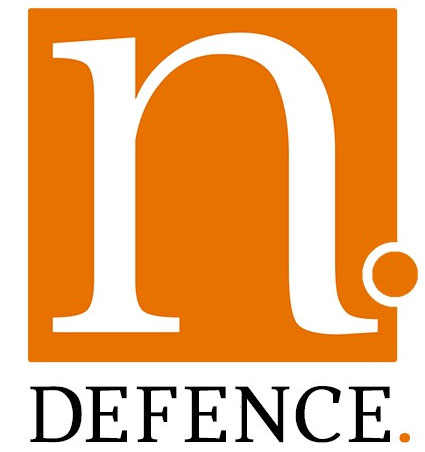Hunt For Indian Developed Web Browser: In an effort to promote the development of domestic capabilities in the fields of defence, IT hardware, and pharmaceuticals, the government announced an open challenge competition on Wednesday to create an Indian web browser all by themselves.
Arvind Kumar, controller of certifying authorities, stated at the Indian Web Browser Development Challenge in New Delhi that “it is high time that the most crucial element of the virtual world, the web browser, be developed in India.” He stated that explaining about the challenge.
With this change, dependency on American-based browsers like Google Chrome, Firefox, and Apple Inc.’s Safari is reduced.
Bharat Forge receives approval to participate in potential defence programs in future
Hunt For Indian Developed Web Browser: India Launches a Competition!
Startups, micro, small, and medium-sized businesses, and companies with Indian corporate registration are all invited to apply for the IWBDC, which has been designed as an open competition. The competition’s anchor agency has been selected as Bengaluru’s Centre for Development of Advanced Computing.
The CDAC Executive Director SD Sudarshan stated that “India is one of the nations with the highest number of internet users, and browsers can influence search behaviours and track the interests of users using cache and cookies.”
Therefore, having a “own trust store” with certificates anchored to the Root Certifying Authority of India is one of the browser’s main security criteria, according to Sudarshan. Additionally, “We will enter into more bilateral agreements with nations to recognise our root certificate, enhancing its strength.”
The National Internet Exchange of India, according to him, will provide the winners with financial support for three years. “We anticipate finishing the entire process by the end of next year.”
Additionally, the suggested web browser will have to adhere to World Wide Web Consortium standards, support Indian languages, and have the ability to digitally sign documents right inside of it.



